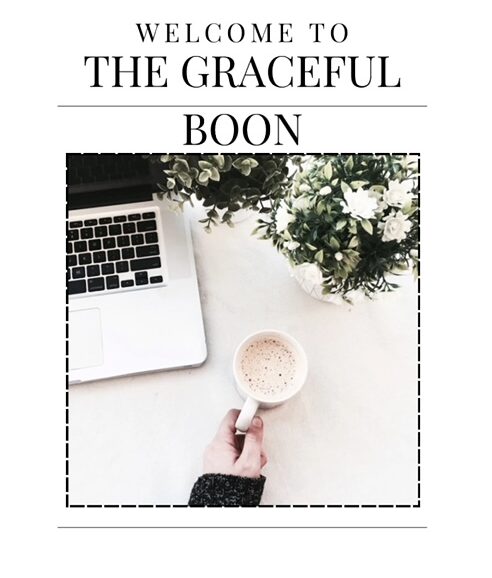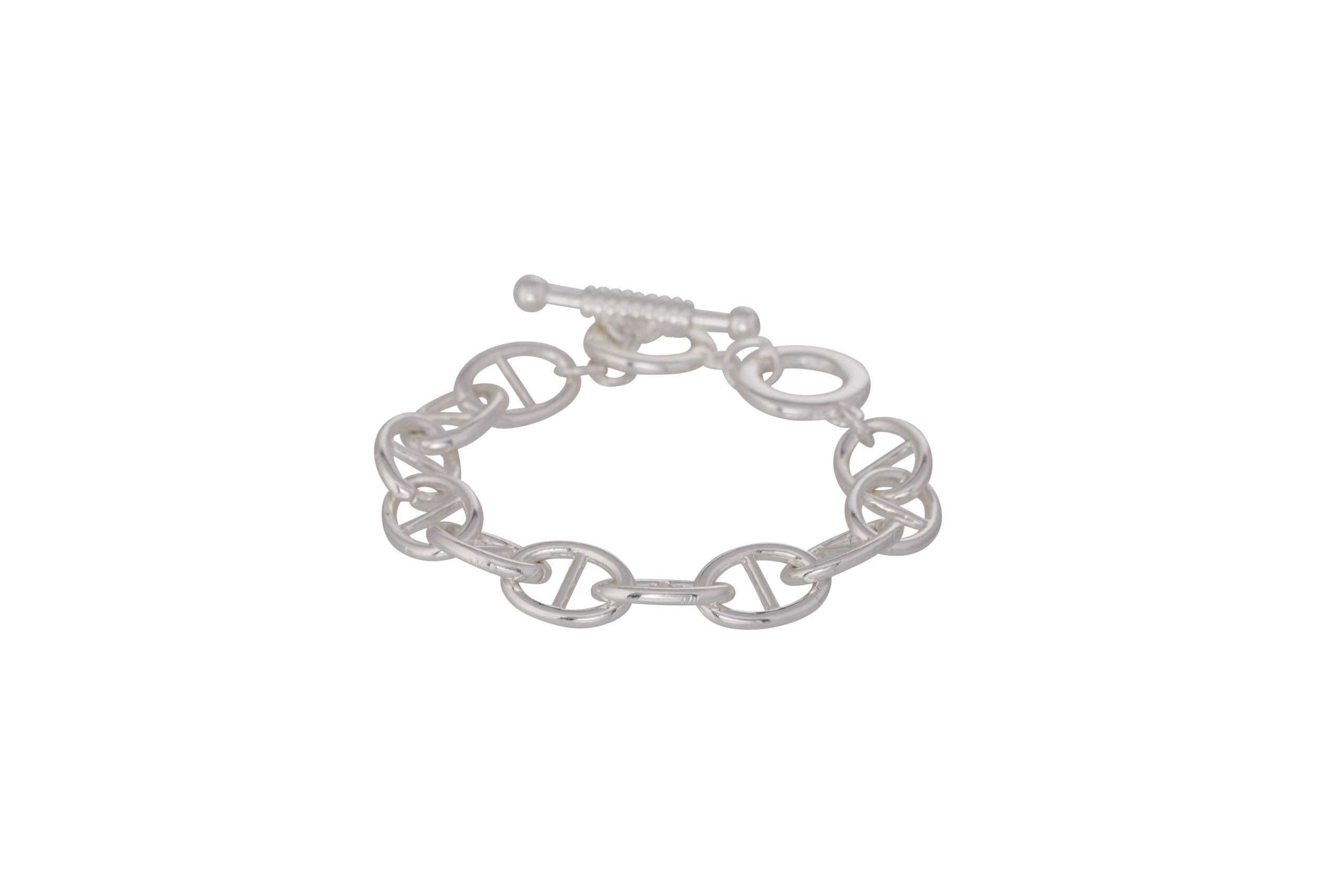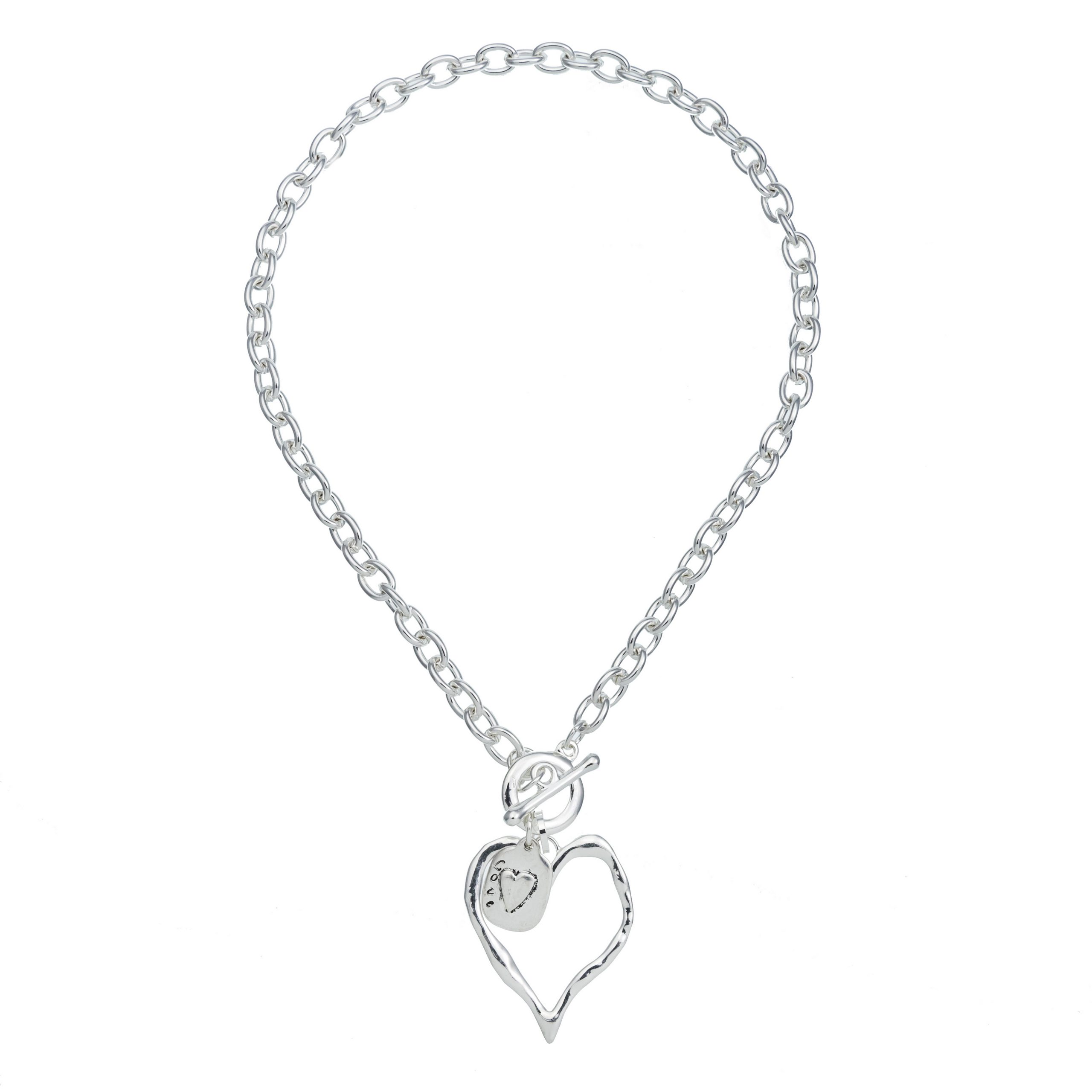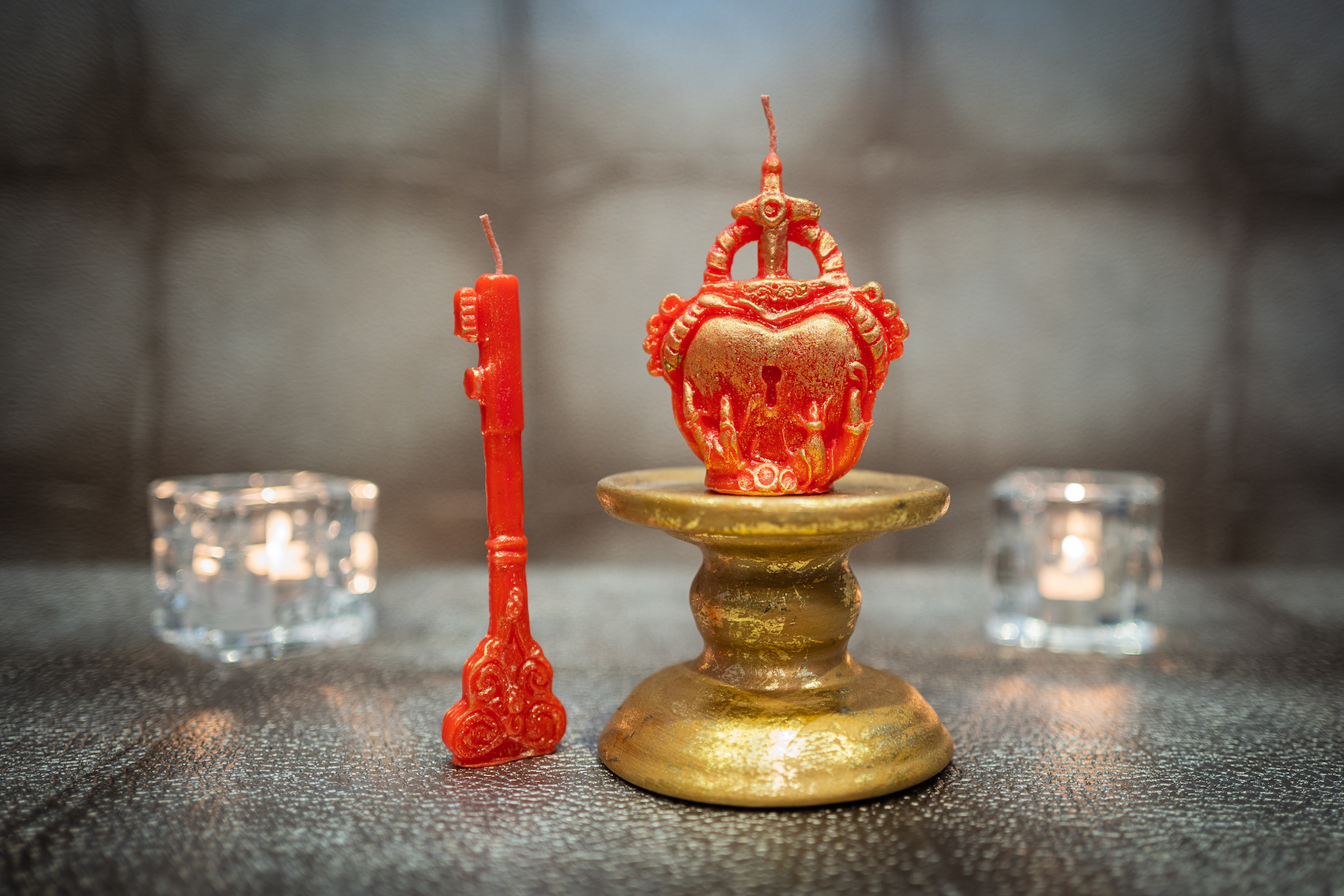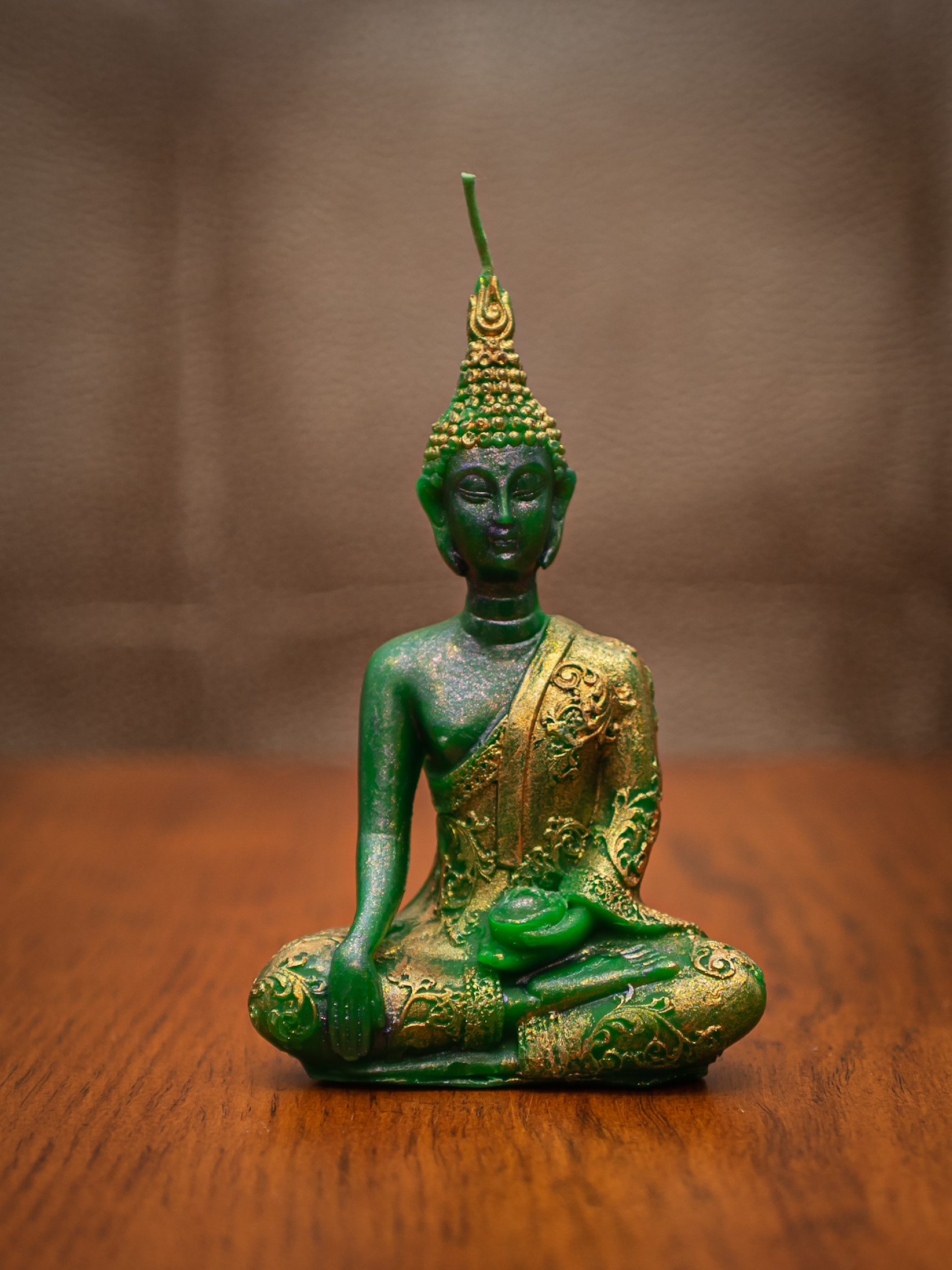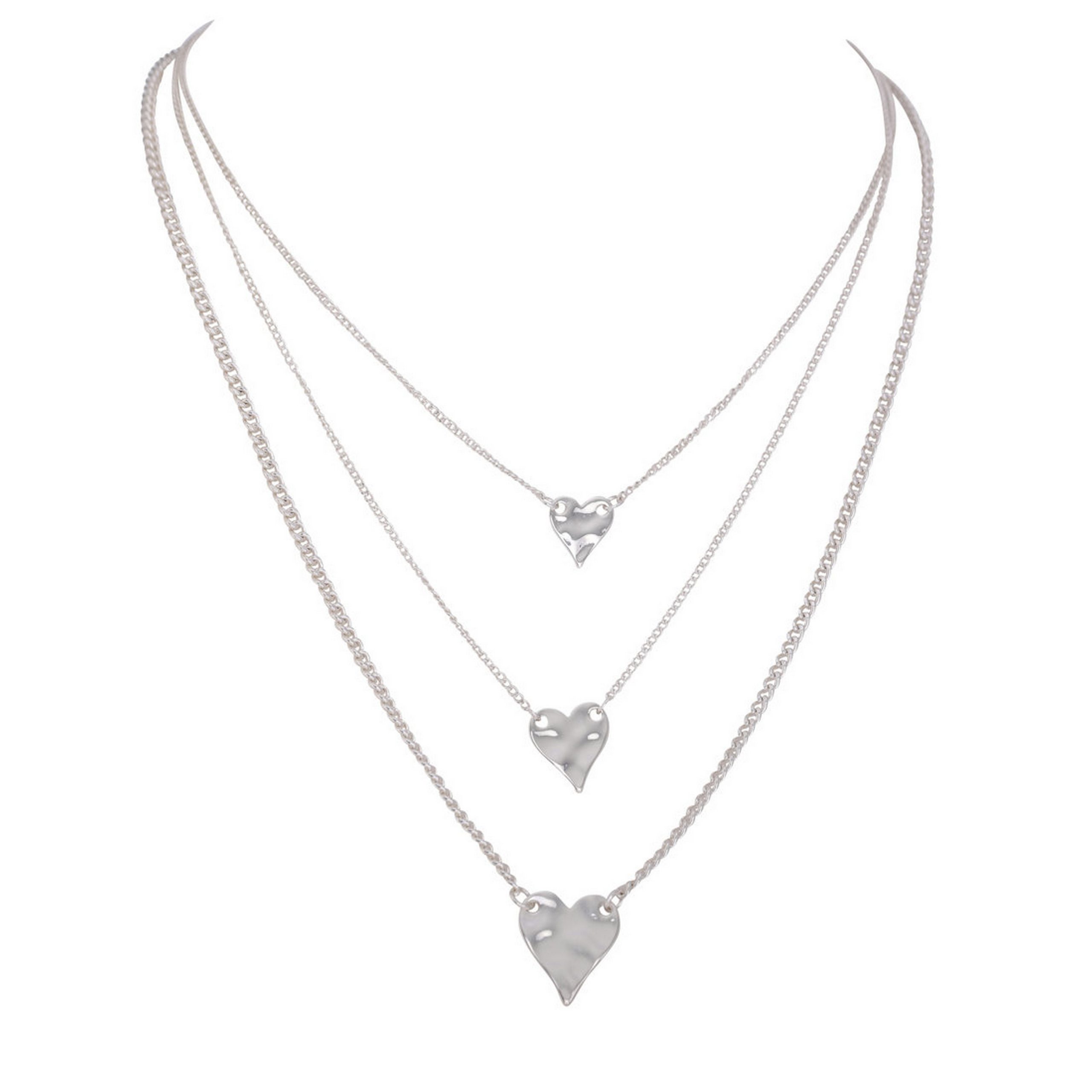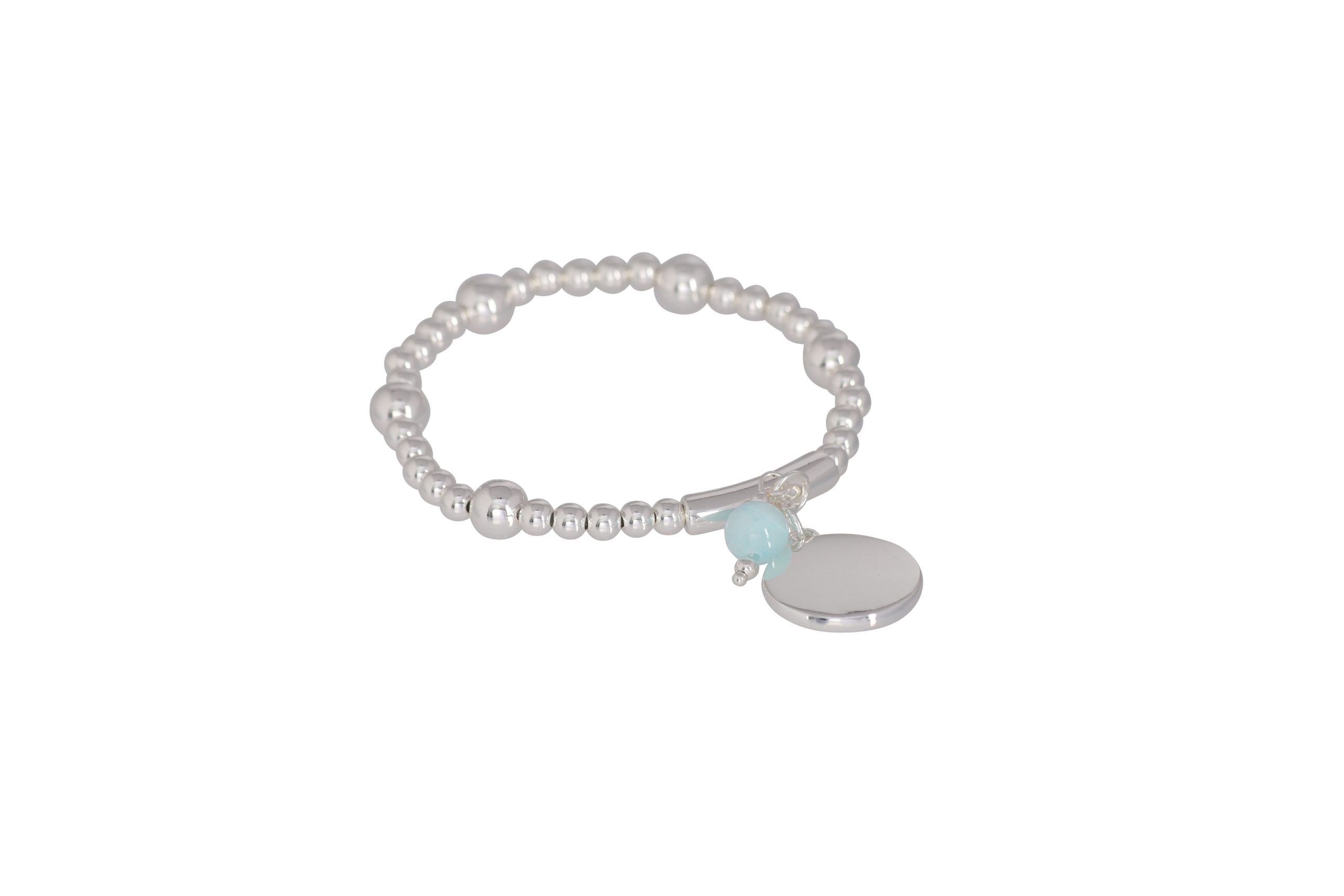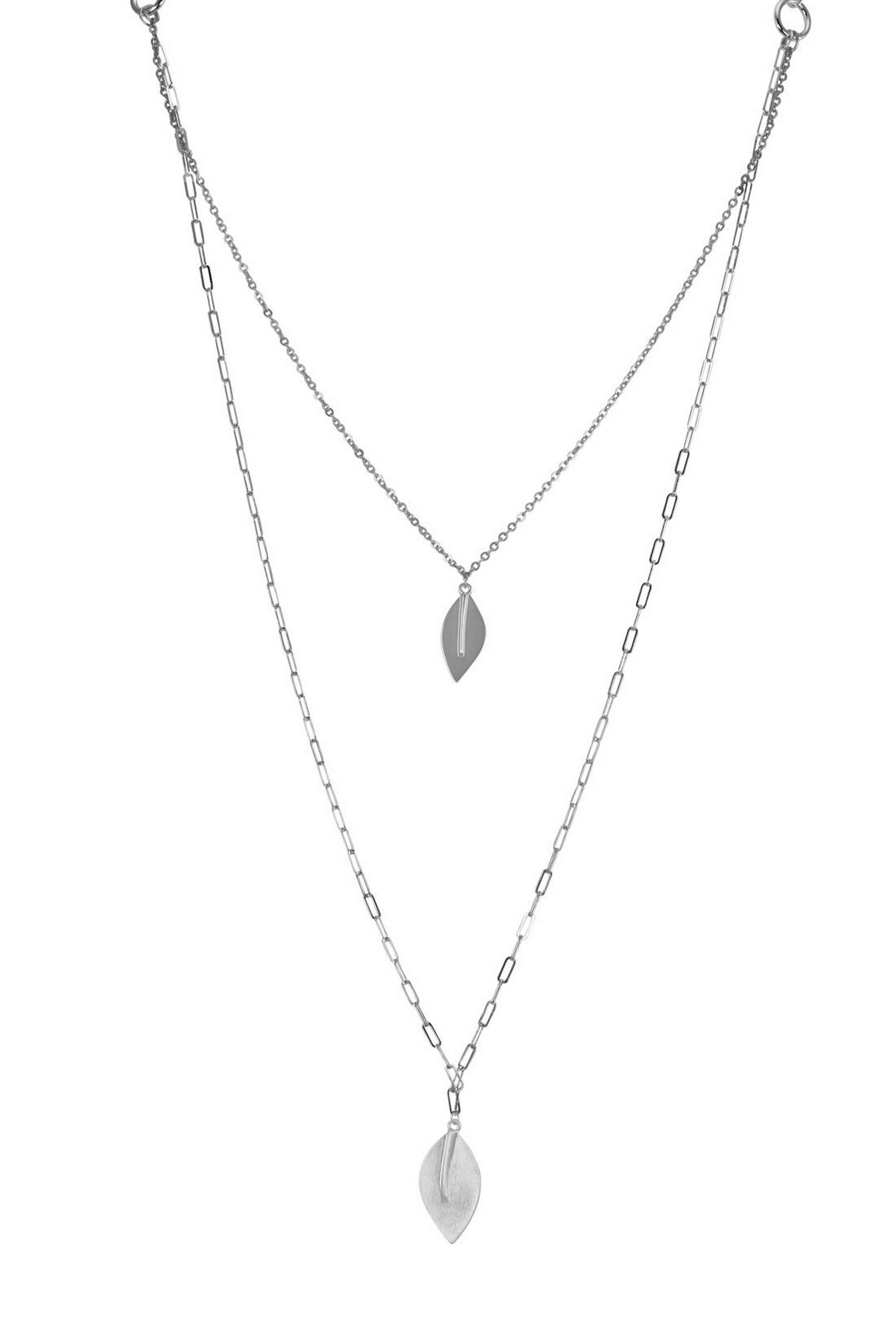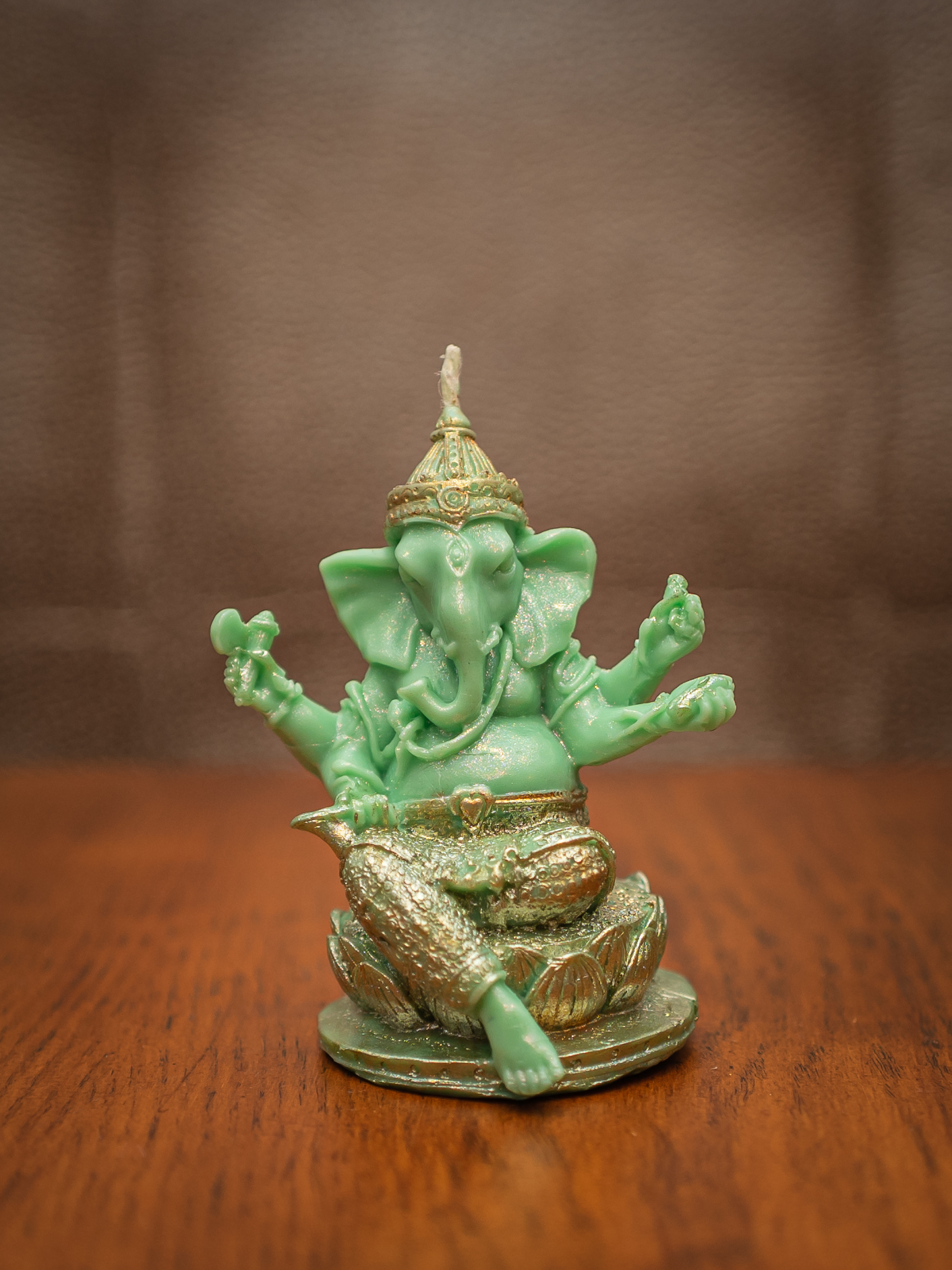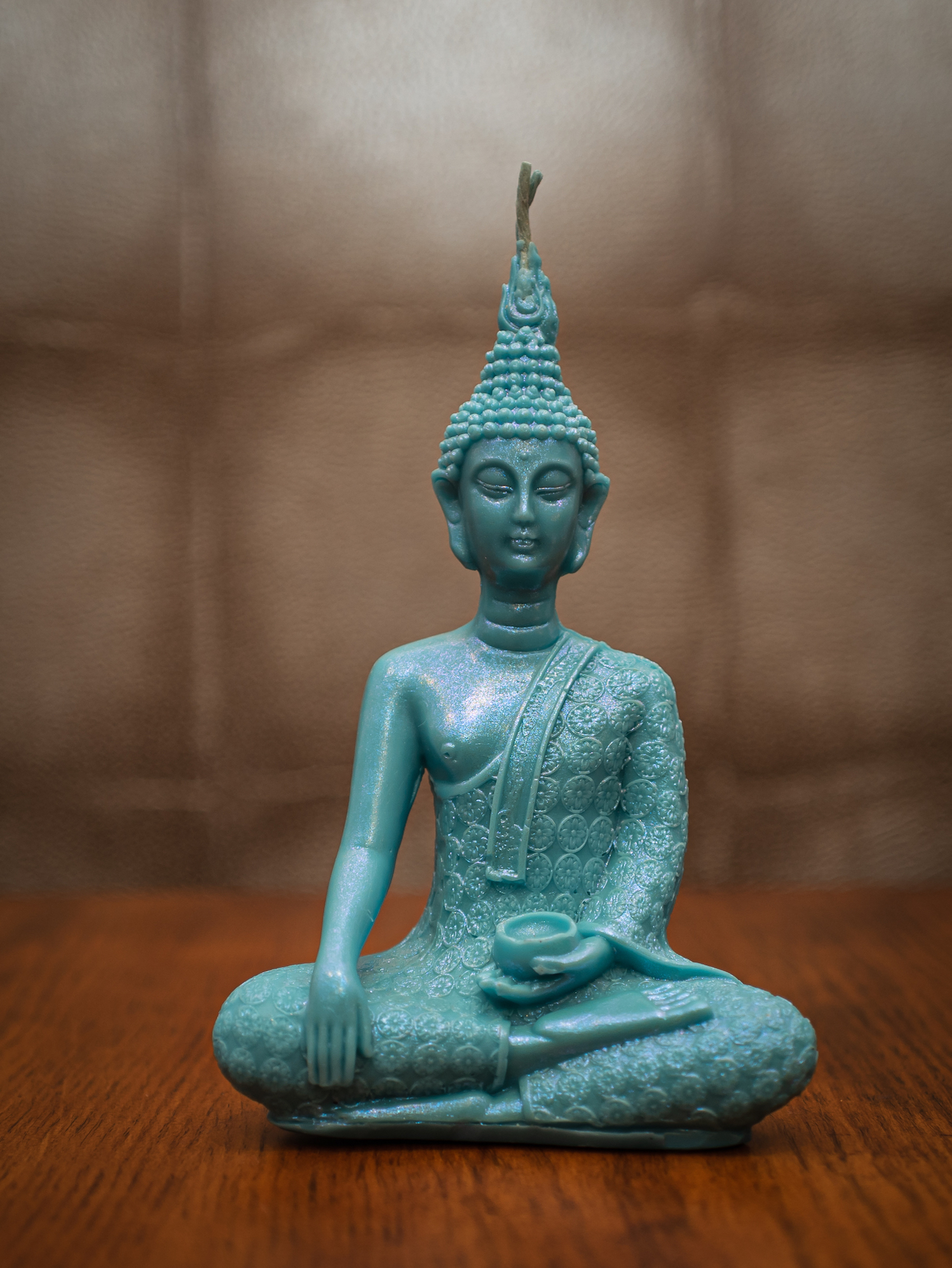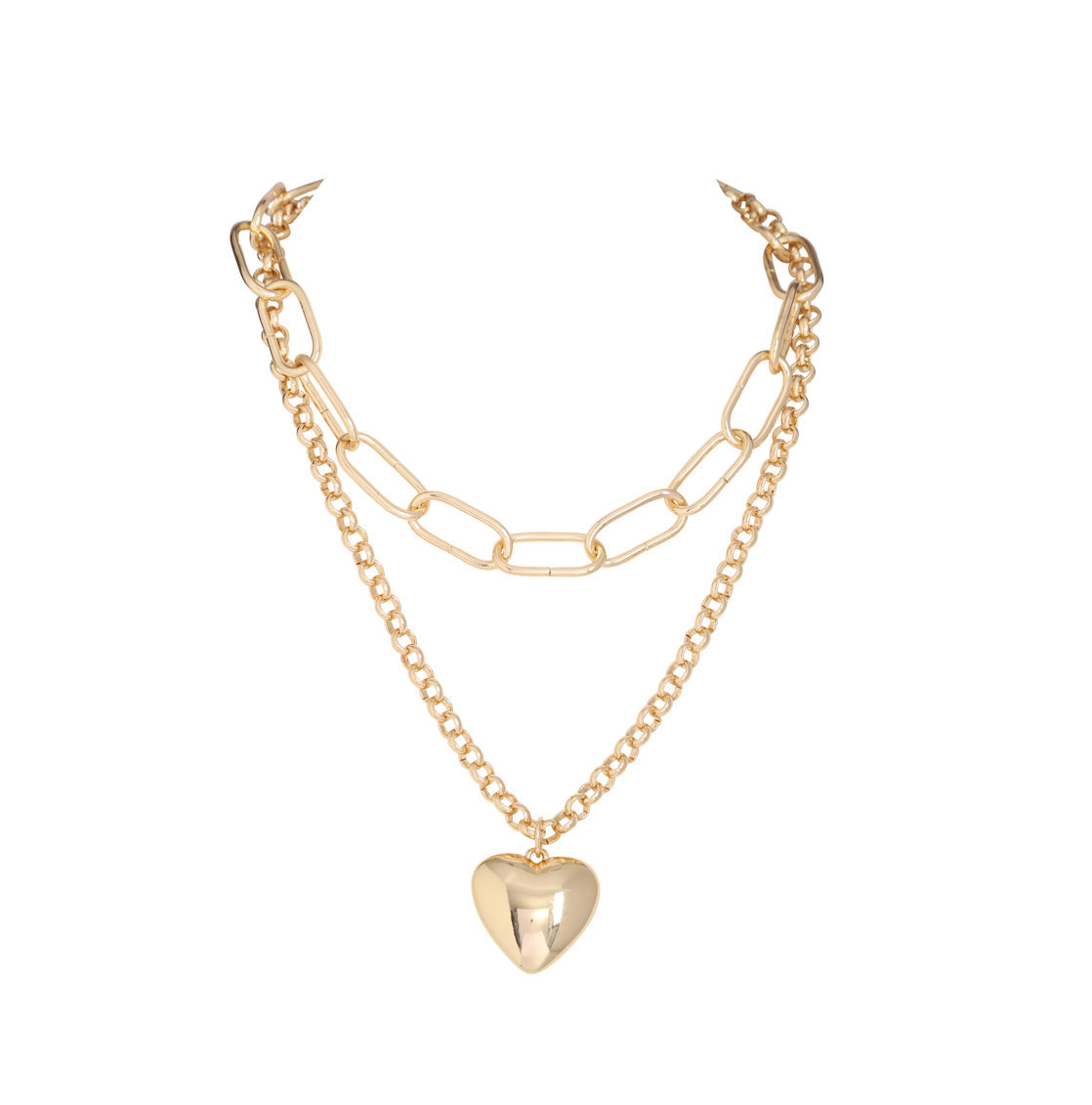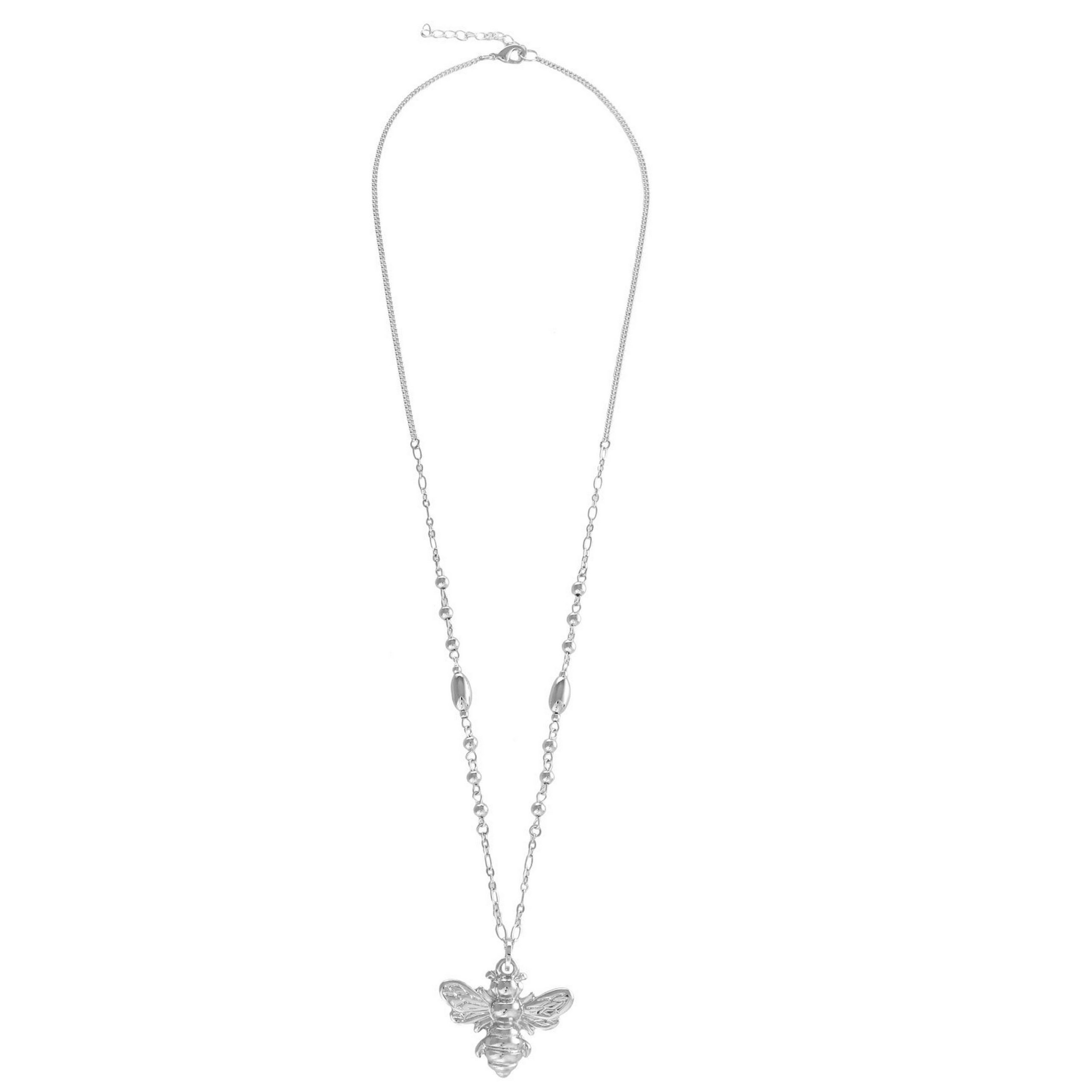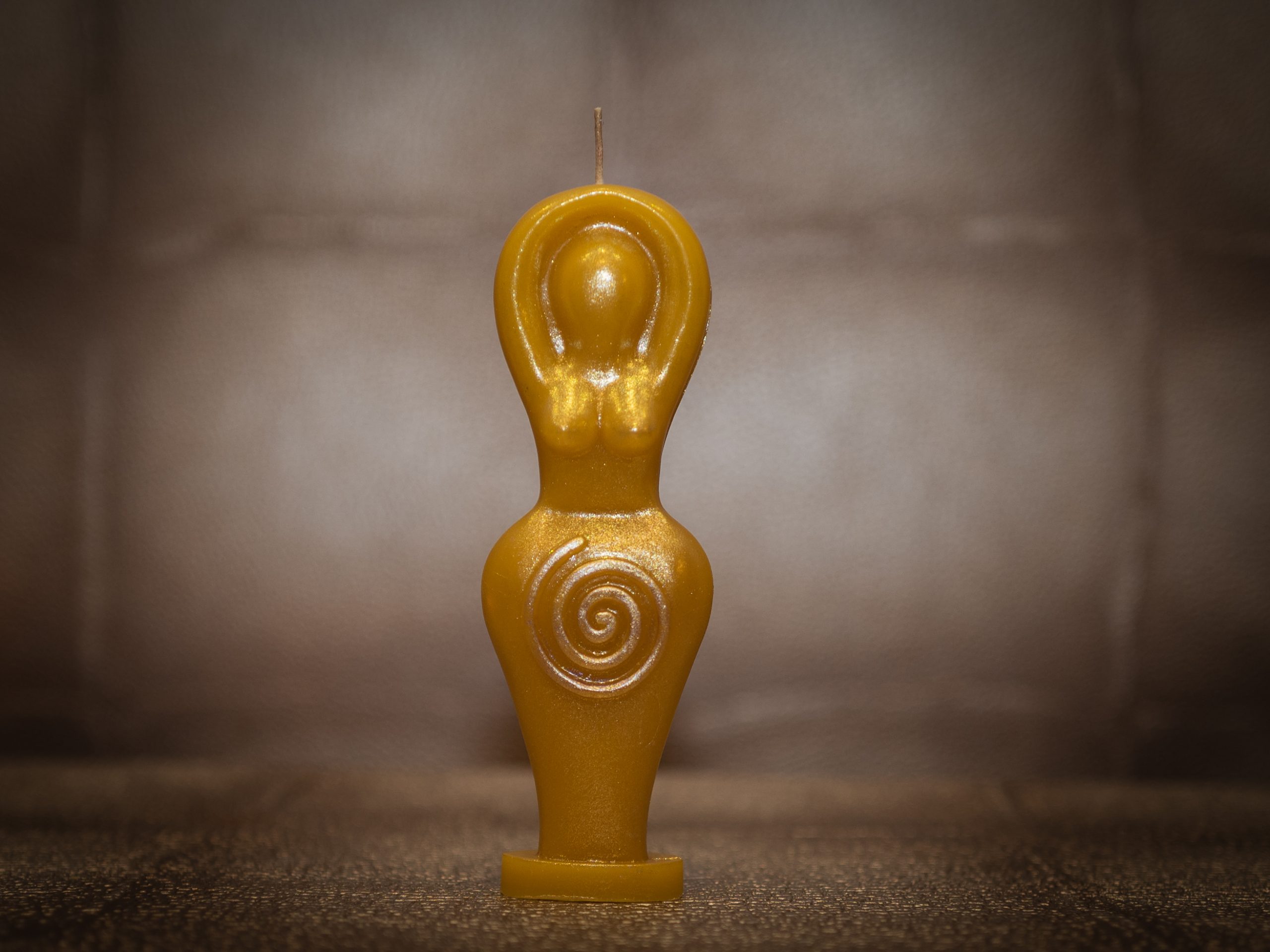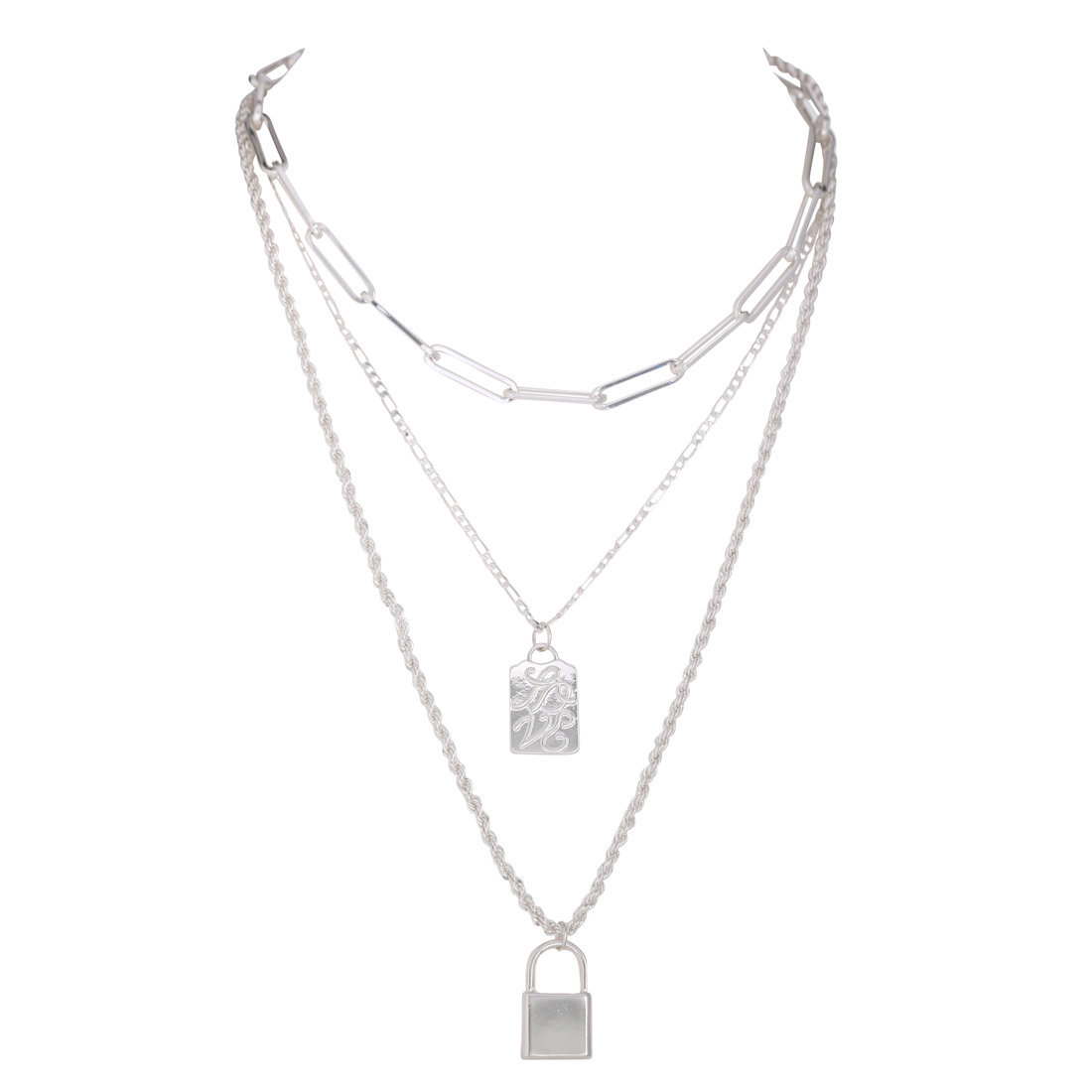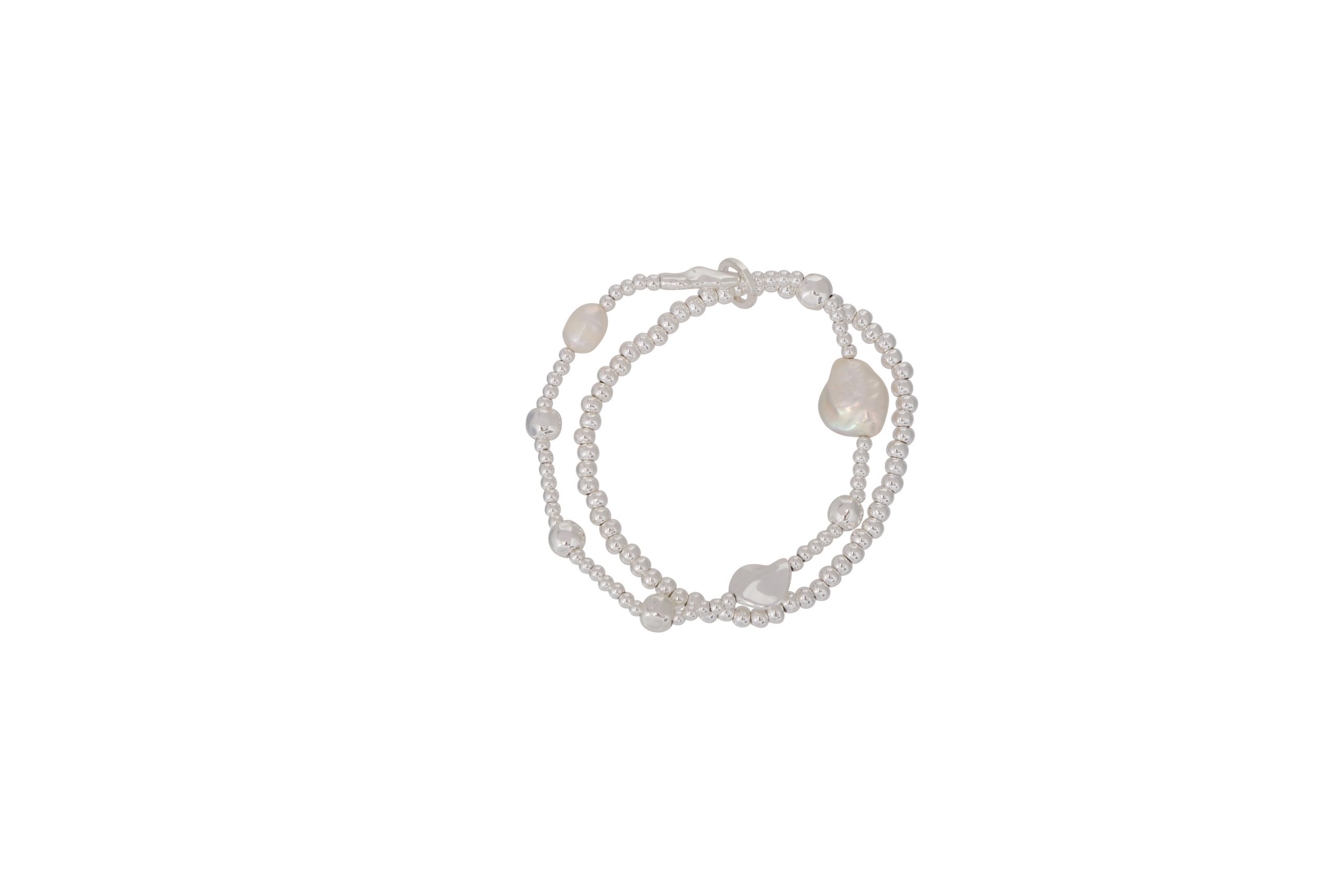Story By: Michelle Reittinger
Choose Your Hard!
“Choose your hard” has become a mantra for me over the past decade as I have gradually learned how to live well with bipolar disorder. It has been one of the most important insights into what it takes to live a healthy, balanced, productive life. It has also helped me to recommit myself to the effort necessary to live well over and over again.
Diagnosis
This all began for me when I was diagnosed with bipolar disorder in 1998, one month before I graduated from college. The years leading up to my diagnosis were punctuated by increasingly intense, erratic mood swings that I believed were the result of my own moral failings. Every time my brain would tell me there was something more going on than my inability to manage my time, or exercise greater self-discipline I would quickly dismiss the thought as a pathetic attempt to make excuses for myself.
During my last year of college my mood cycles had become so bad that my family became concerned and started talking to me about seeing a psychiatrist. At first I didn’t respond, but as I started to recognize there really might be something wrong with me I agreed to speak to a psychiatrist.
At my initial visit I was severely depressed and unable to articulate much of what I had been experiencing and as a result I was misdiagnosed with depression and anxiety. That diagnosis was quickly changed to Bipolar II after a short time on antidepressants caused a manic episode.
When I was diagnosed the psychiatrist told me that all I needed to do was find the right combination of medications and I would be fine. So I actively sought treatment over the following decade, regularly seeing a psychiatrist and taking any medication I was prescribed.
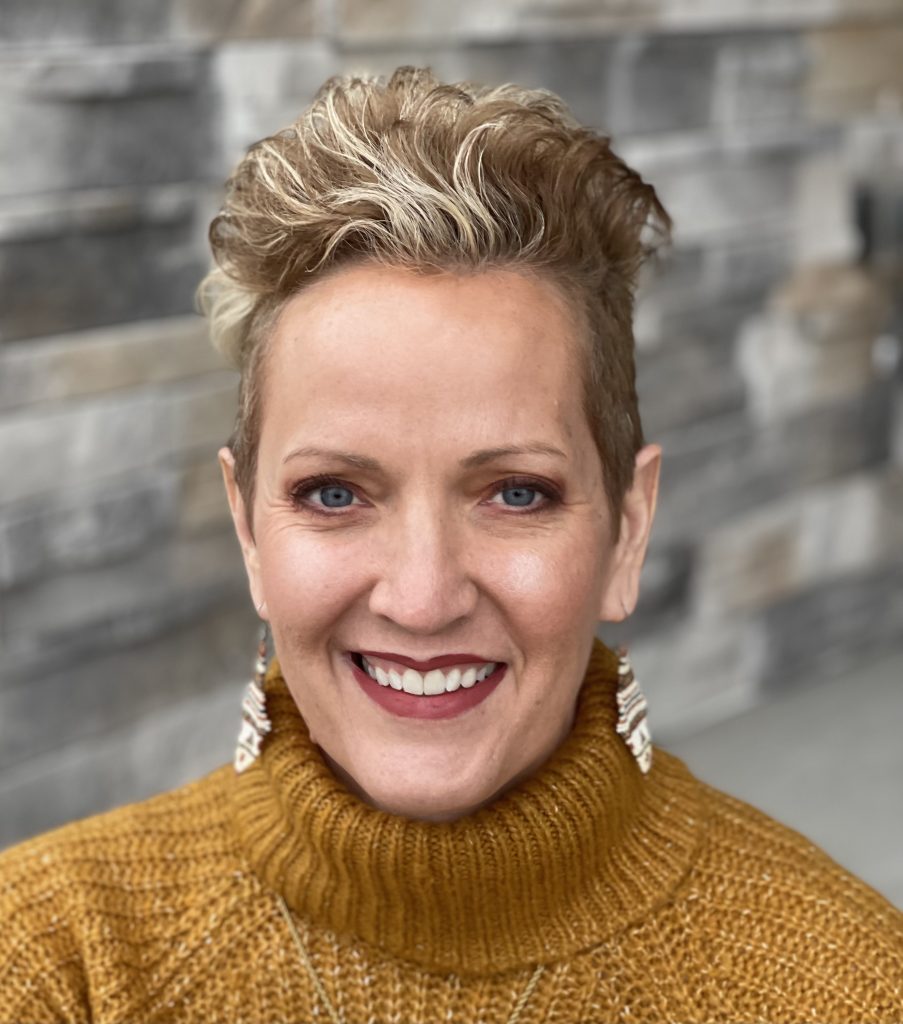
Starting a Family and Getting Worse
During that time I got married and gave birth to two children. My mental health continued to deteriorate, however, and in 2008 I began obsessively thinking about death. My mind was constantly presenting scenarios that would end my life and when I finally disclosed this to my ecclesiastical leader he advised my husband and me that I needed to be checked into a psychiatric facility right away.
Over the following several months I was hospitalized three times in three separate psychiatric hospitals. I received a full course of twelve electroconvulsive therapy treatments and I lost months of memory as a result. That year I suffered my first psychotic episode which changed my diagnosis to Bipolar I. And during that time I also attempted suicide, twice.
I felt like I had no value in this world, because I couldn’t function as a normal person. I believed that my husband and children would be better off without me, and that the only way out of this suffering was to end my life.
After my final hospitalization, however, I was looking at my oldest daughter one day–she was four years old at the time–and I realized that if I did take my life, she would spend the rest of her life believing that it was her fault. I knew then that it would ruin her life.
Choosing My Hard
That was when I chose my first hard. From that point on I decided that if the only thing I could manage was to survive, then that would be my gift to her. I would choose to keep living for my children. Each day I chose to keep trying, even though it was not the life I had ever imagined for myself. I chose to keep fighting for my children and husband.
Medication
The next hard I chose was to keep trying to find a medication combination that would work for me. I hated doing this because nothing seemed to work and the side-effects were often unbearable. But my life without medication was even harder and I knew the suffering and struggle that I would experience unmedicated. I wanted to be the best mother and wife I could be and I knew that my brain needed something to help balance the chemistry and so I kept trying the different medications that my doctor prescribed.
Then in the fall of 2010 my doctor and I finally found the supplements that gave my brain what it needed to become balanced. While it only took a few months to see that the supplements were significantly more effective than any medication I had ever taken–with no side-effects–it would still take a few years to identify the correct combination of supplements that would help my brain to function in a more balanced and healthy way.
Counseling
The next hard I had to choose was to seek counseling. From my childhood I had a major aversion to the concept of therapy or counseling because of some misunderstandings about what it was. I thought counseling was something that people did when they didn’t know how to think for themselves. Things I heard from family members and negative portrayals of therapy in the media all contributed to this misunderstanding. My independent, immature young mind was adamantly against that idea–I didn’t want anyone telling me what or how to think.
When I finally agreed to go to counseling I only went when I was in crisis, and then when the crisis was over I would quit. Over time I finally realized that even though my brain had what it needed to be balanced chemically I had developed unhealthy thought and behavior habits, unhealed trauma and unhealthy boundaries, all of which were continuing to trigger mood cycles.
So, I chose the hard that included working with a therapist in an effort to heal and stop triggering mood cycles in myself. I proactively sought counseling to prevent the crisis. Therapy was really hard and even sometimes painful, but as I continued to choose to do the hard work with my therapist I began to heal.
Mental Health Emergency Response Plan
I also chose the hard that helped me to take responsibility for my mood cycles when they do occur. I did this by developing a Mental Health Emergency Response Plan for myself. This plan helped me to learn how to accept responsibility for my mood cycles, and lessen the impact on my husband, children and others who I was responsible to, and shortened the duration of my mood cycles by having a plan to get myself back to maintenance mode.
Learning Self Care
I have chosen the hard work over the years to learn the necessary tools for self-care and how to apply them effectively to help me to stay healthy, balanced and productive in my life. The tools that are most important in my self-care (in addition to my supplements and counseling) are mindfulness meditation, exercise and yoga, along with spiritual nourishment and simplifying my life.
Stop Comparing Myself
One of the most challenging hards I’ve had to choose was to learn to stop comparing my life to what I thought it should be or to what other people’s lives are. I’ve had to recognize that I was more sensitive to stress than many people and I had to work hard to eliminate the stressors that were unnecessary in my life and learn to manage more effectively the stressors I had no control over.
Over the years I have had to recommit myself to my hard each time I needed to learn or restart using a tool or practice. I would recognize that my life was already hard with bipolar disorder, but I could choose the hard that leads to healing and wellness and living well with bipolar disorder.
Choosing My Hard is Worth It!
When I first chose my hard, it was for my children and husband. As I have gradually started to feel the benefits of the work to live well, however, I have begun doing it for myself. I love my life now. I love who I am and who I am becoming.
I am worth the effort and the choice to do the hard work to live well. I have value and purpose, and I want to help share what I have learned with others who are struggling with bipolar disorder, so that they can learn how to live well, too.
You can learn how to live a healthy, balanced, productive life with bipolar. Which hard will you choose?
Ways to connect with Michelle:
Instagram: https://www.instagram.com/myupsideofdown/
website: www.myupsideofdown.com
Facebook: https://m.facebook.com/myupsideofdown
Facebook group for moms with bipolar disorder: http://www.facebook.com/groups/bipolarmomslivingwell
Sign up to our newsletter if you want to see more content from The Graceful Boon! By signing up to our newsletter, you'll get an even more in-depth content from yours truly, Stacie Kiselman, who's our Graceful Boon, that you won't want to miss out on.
